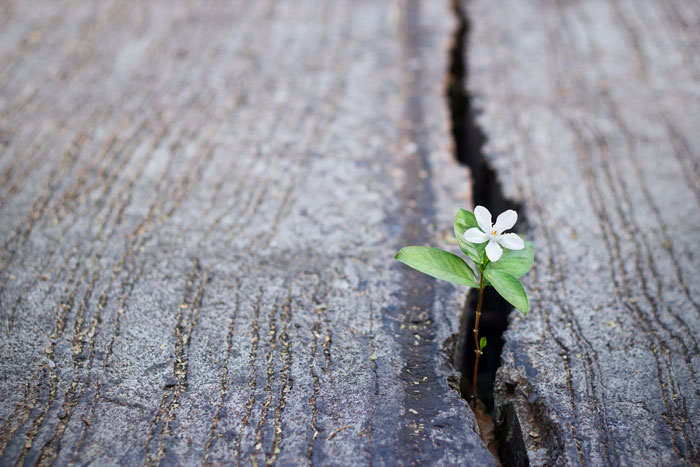
Many workplaces these days are doing more with less. Organisations want greater output while reducing their level of input. They want to use less staff and resources whilst maintaining the same level of quality. This kind of climate can place significant demand on us all.
In 2012-2013, Work Safety Australia predicted that stress was costing the Australian economy around 3 billion per annum. In 2017, that figure rose to 10.9 billion.
Work stress, like any kind of stress, can be a powerful motivator. But if we experience too much stress, or the kind of stress that hinders our work, it can paralyse us like a deer in headlights. For example, learning and using new skills at work can be stressful, but is not usually damaging. Conversely, ambiguity about your job role and responsibilities can create a level of stress that is detrimental to the workplace.
Excessive stress can compromise your immune system and destroy the body’s ability to heal itself. Significant levels of stress at work can lead to more employees calling in sick, habitual lateness, poor decision making, less creative and innovative thinking and reduced productivity.
Resilience is about having the mental tools to cope with life stressors. Mental resilience refers to an individual’s ability to engage with stress and adapt to challenges or difficult tasks. Resilient people have a thinking and coping style that is adaptive and flexible, and a resilient workplace is better able to deal with the challenges of change.
With working Australians reporting increasingly higher levels of job stress, and over two in five Australians citing issues in the workplace as a source of stress, how can we develop resilience in the face of increasing demands and stressors?
Adapt your thinking and coping style
Stress is inevitable, but we can learn to respond to events as opposed to react to them. Reacting to an event is a purely emotional response and is often protective or defensive; it comes from our gut. We all have the ability to react. Contrarily, responding to something requires conscious deliberation. It allows us to suspend judgement and develop greater understanding. When we respond to issues that arise, we see them as problems to be solved and shift our attention to the solution.
Those with a diverse set of coping strategies tend to display better mental resilience. We can teach ourselves to be more resilient to stress by mentally preparing ourselves for mistakes and unplanned events, and developing multiple coping mechanisms.
Create a more supportive environment
Resilience comes from seeking the right kind of support, whether from coworkers, a counselor or an employer. Strong social connections, feeling supported at work and receiving regular feedback can significantly improve mental resilience. It effectively acts as a buffer, says Black Dog Institute Psychiatrist, Dr Sam Harvey –“Good relationships can help people increase a sense of belonging, confidence and self-worth. They can also help people cope with the stress of work and cope better with challenges.” Research has shown that human connection is integral to meaning and happiness, and those who experience social isolation or a lack of connection experience more ill health.
Furthermore, if an individual believes leadership is genuine in the way it respects and treats its employees, and feels valued and secure in their job through times of change, this creates a sense of support, security and empowerment; in other words, job satisfaction.
Compartmentalise your work
Switching from one task to another can significantly reduce attention and our ability to block distractions. But breaking down work into small tasks and switching from high to low attention tasks gives your brain a rest from extended, heavy concentration. Dedicate certain times of the day to specific work-related tasks, save tasks that need less concentration for times of the day when your concentration wavers, and don’t forget to take regular breaks! Taking regular breaks, whether during the workday or in the evening, gives our bodies time to recover from everyday work stress. It is important to fully immerse ourselves in a task that is pleasurable or relaxing, completely free of work distractions.
Mind full, or mindful?
Mindfulness has been shown to improve job performance, judgement and problem-solving abilities. Being mindful requires one to become aware of themselves and their surroundings, and approach their environment with openness and a willingness to accept what is and what is not. Mindfulness also helps us to switch from a reaction to a response. In this way, we are more accepting of our situation, and better able to take control of our lives. It can be challenging to practise mindfulness in our everyday lives, as opposed to on the yoga mat, but it is an invaluable tool in dealing with stress and building resilience.
Resilience is an invaluable skill in an increasingly stressful world, and organisations should foster an environment and culture that encourages and develops resilience in its employees. A resilient workplace is a place of innovation, creativity and high performance. It’s where we all want to work.
If you’re experiencing unusually high levels of stress in the workplace talk to your GP, a Counsellor or call Lifeline on 13 11 14 or Beyondblue on 1300 22 4636
